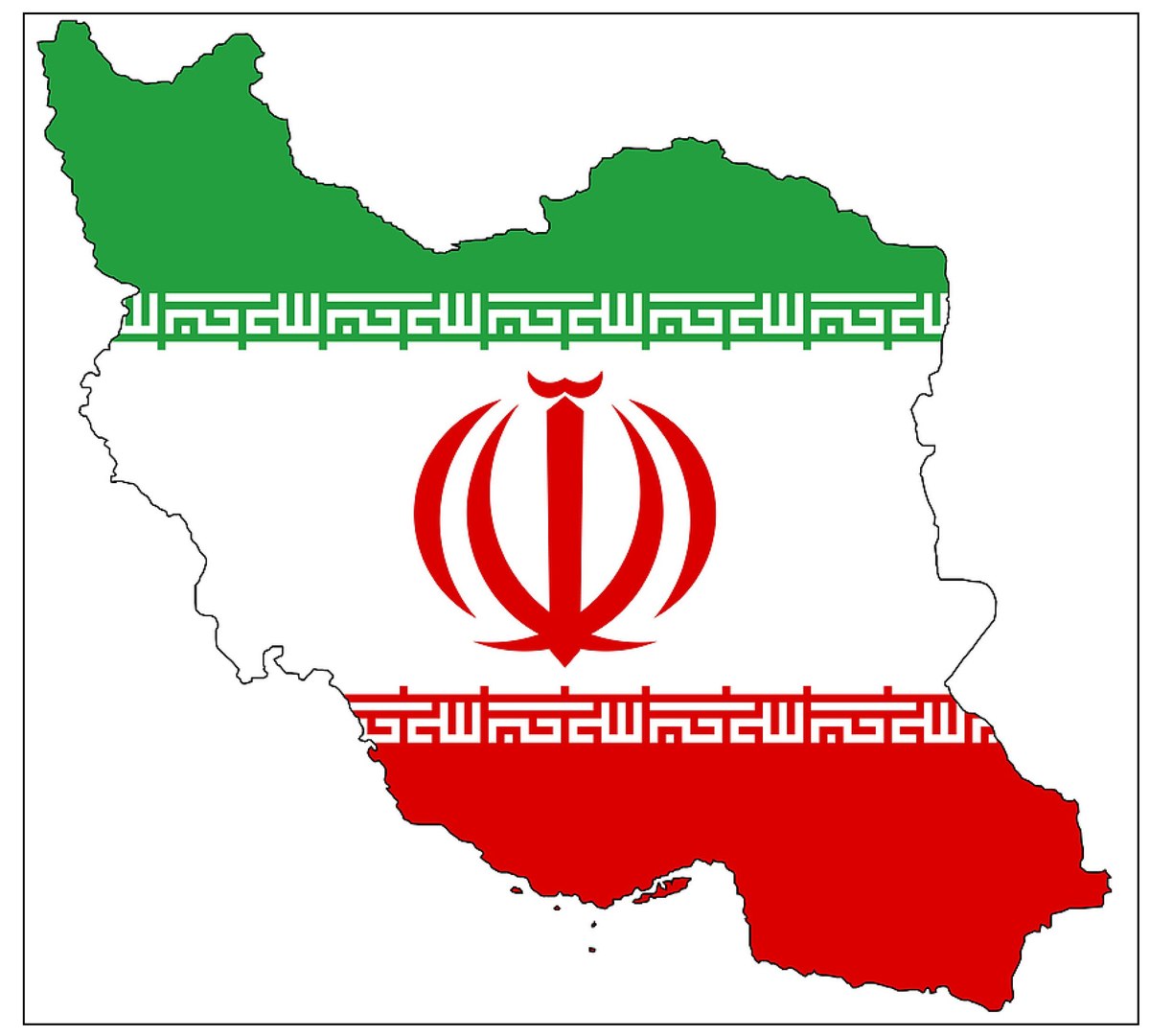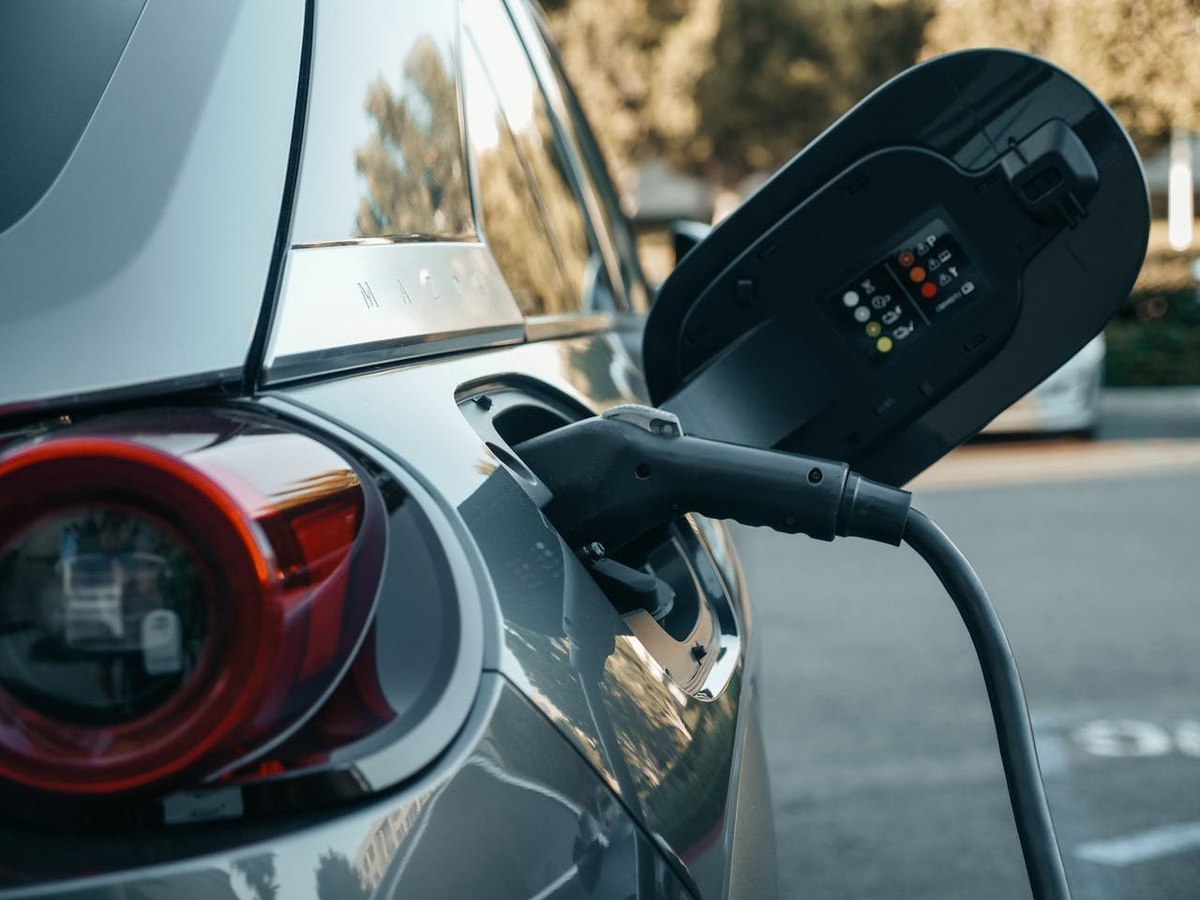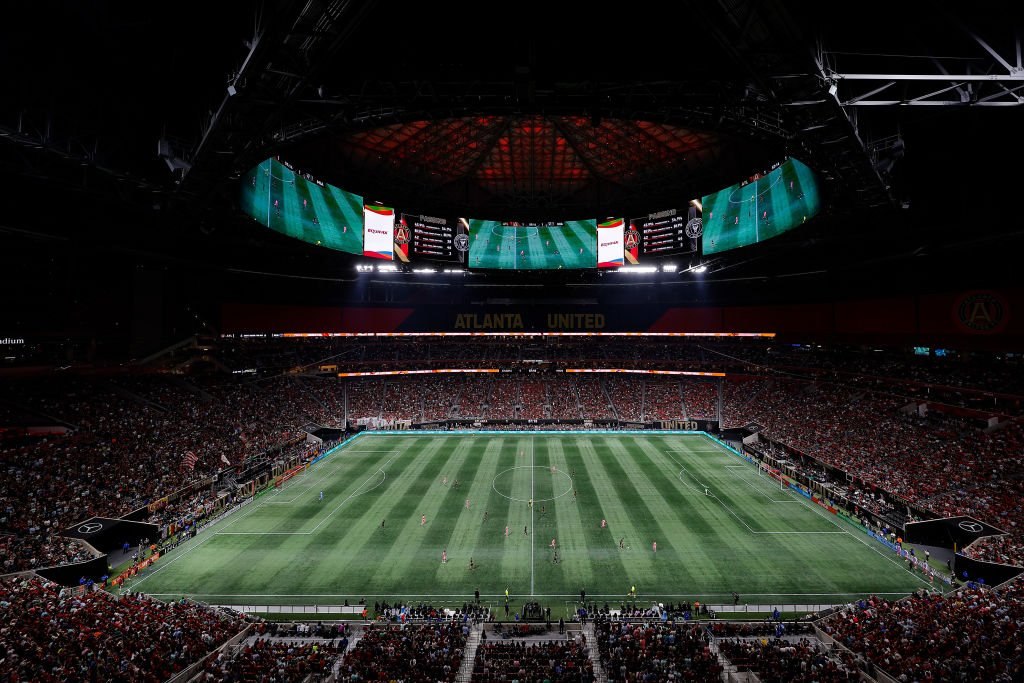
Love Thy Neighbor: The View of Iran From Across the MENA Region
The International Atomic Energy Agency (IAEA), stated on Tuesday that it believes Iran has developed the technology required to produce nuclear weapons and appears to have conducted extensive research on a miniaturized warhead that could be delivered by medium range missiles. The report from the UN agency, comes as Israeli officials consider military action against Tehran and will raise questions over which avenues the International community and particularly the United States (which has imposed an arms ban and an almost total economic embargo on Iran), has left to pursue.
A recent poll conducted by YouGov, on behalf of the regional broadcaster Al Aan, examines the reaction across MENA to the publication of the IAEA’s report. For the poll, 2000 residents were interviewed from YouGov’s panel of 240,000 MENA residents.
Within the Middle East (and beyond), historical conflicts & disputes continue to influence neighboring countries perceptions of one another. In the case of Iran, North African Arab Countries generally enjoy closer relations due to less historical connection with the Persian state versus countries from the GCC & Levant. No more so is the view of Iran less complementary in the MENA region than in the Kingdom of Saudi Arabia. Almost 1 in 3 KSA respondents (30%) would like to see military action taken against Iran should the UN not be satisfied with its explanation for the latest report (versus 23% across MENA). Almost half of KSA respondents feel the agency was correct to produce the report (45%, versus 40% across MENA) – despite the fact that only 33% of KSA respondents express confidence that the report is actually correct (versus 29% across MENA).
The relationship between the two countries has been tumultuous and can be attributed, partly, to the different sects that the majority of residents in both the countries follow. For decades, leading Sunni and Shi'ite Clerics in both countries deemed each other's religious beliefs as incorrect. Both countries are further divided by differing political ideology, Ayatollah Khomeini was opposed to monarchical regimes in Islam (as in Saudi Arabia and other Arab countries), arguing that only rule by a leading Islamic jurist would insure Sharia was properly followed. Oil is a constant source of tension between the two countries –Saudi Arabia is the largest producer in the world & Iran is the world's fourth largest oil producer (and OPEC's second-largest producer after Saudi).
· 57% of Saudi residents feel Iran is a danger to the stability of the region
· 39% would like to see economic sanctions imposed if the Iranian’s do not respond (versus
· 37 % would like to see political sanctions imposed if the Iranian’s do not respond (versus
· However 31% would like to see military action taken (23% across MENA)
· 17% do not believe any action should be taken
By contrast, the view of Egyptian and North African (excluding Egypt) respondents is less hardline than their Saudi counterparts. One in three (35%) Egyptian & 28% of North African residents feel that Iran is a danger to the stability of the region. Only 15% (in both Egypt and North Africa) would like to see military action, should Iran not respond with a plausible explanation for the IAEA’s report (compared to 31% of Saud respondents)
· 21% of Egyptian residents (25% in North Africa) would like to see economic sanctions imposed if the Iranian’s do not respond (versus 39% in Saudi Arabia)
· 18% of Egyptian residents (20% in North Africa) would like to see political sanctions imposed if the Iranian’s do not respond (versus 39% in Saudi Arabia)
· 45% (in both Egypt and North Africa) do not believe any action should be taken (compared to 17% in Saudi Arabia)
The majority of Saudi respondents believe that economic (54%) and political (51%) sanctions will have a positive effect on the region’s stability. This is perhaps not so surprising when we consider the potential positive impact on Saudi oil revenues of a shortage of world oil & the fact that Iran has often derided the Kingdom for its close ties with the US. In Egypt & North Africa, where political turmoil and the impact of military rule and intervention is omnipresent, more residents state that economic & political sanctions will actually have a negative effect on stability in the wider region
· 32% of Egyptian residents believe economic sanctions will have a positive impact on stability in the region but 46% believe economic sanctions will have a negative impact on stability
· 30% of North African residents believe economic sanctions will have a positive impact on stability in the region but 46% believe economic sanctions will have a negative impact on stability
Perhaps unsurprisingly, the overwhelming majority of MENA residents believe that military action will have a negative effect on the region’s stability (56%), however, there are clear differences between Egyptian, North African, Levant (Syria, Lebanon, Jordan and Iraq) and Saudi residents:
· 44% of Saudi residents believe that military action will have a negative effect on the region’s stability, compared to 61% of Levant, 66% of North African and 68% of Egyptian residents.
However, across Saudi and Egypt and North Africa, opinion is largely in agreement when it comes to the level of support that Iran has in the Middle East
· 21% of Saudi residents believe Iran has some/a lot of support within the Middle East vs 52% believe Iran has little/no support
· 25% of North African residents believe Iran has some/a lot of support within the Middle East vs 59% believe Iran has little/no support
· 30% of North African residents believe Iran has some/a lot of support within the Middle East vs 55% believe Iran has little/no support
In the Levant countries, with their mixture of Shiaa and Sunni populations, opinion is more polarized on this subject - 41% of respondents believe Iran has some/ a lot of support, but a similar proportion (48%) believe Iran has little or no support within the Middle East.
The Iranian regime has been vocal in its support for embattled Syrian President Bashar Al Saad & his brutal crackdown and treatment of dissidents and protestors. It was widely reported that the Iranian’s withdrew a portion of funding to the Palestinian separatist group Hamas, for their failure to hold rallies in the West Bank in support of Assad (Hamas is rumoured to receive 90% of its funding from Iran). Opinion across MENA is more uniform when it comes to the effect this support has had on Iran’s relations with other countries in the Middle East
· 47% of Saudi residents believe relations have deteriorated because of Iran’s support of Syrian regime
· 40% of Levant residents believe relations have deteriorated because of Iran’s support of Syrian regime
· 40% of North African residents believe relations have deteriorated because of Iran’s support of Syrian regime
· 37% of Egyptian residents believe relations have deteriorated because of Iran’s support of Syrian regime


































